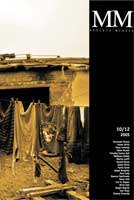

Keywords: société; identité; costume; jeu; manipulation
L’être déguisé symbolise, grâce au déguisement qu’il prépare et endosse, « l’esprit du désordre, l’ennemi de toute limitation » , le mystificateur qui se met hors la loi commune, revendiquant pour lui-même l’usage d’une liberté d’autant plus grande qu’elle n’est plus limitée. Il s’est imposé dans la littérature comme un personnage qui s’amuse à jongler avec son identité, un être qui aime se dissimuler derrière un masque et endosser différents costumes, autres que le sien, par pure plaisanterie, afin de jouer de mauvais tour aux « gens sérieux » ou aux personnes trop naïves.
More...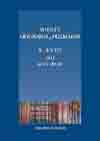
Keywords: ARTS; translation research; action; translator training; methodology; (self‑)reflection
Demonstrating a diversity within TS research, the study enquires into ARTS as a new methodology. The aim of the paper is to define ARTS, localize it among major TS research models, present its components and characteristics and argument for its usefulness and relevance in translator training. Basic assumptions of this methodology are illustrated on the chosen example of an M.A. project, namely translation action with critical reflection, implementing the practitioner‑researcher’s knowledge and experience, and strategic translating in a cyclic process. Implementing ARTS in translator education is a methodological response to a greater professionalization of the discipline and Kiraly’s modern educational model with student being an active participant‑‑ translator in the process of training.
More...Keywords: science education; scientific literacy; curriculum; social activism; issues-based curriculum; action-oriented; environmental problems; mono-methodology; globalization; nature of science (NOS); nature of technology (NOT); philosophy of science (POS)
This essay examines the challenges of science education in the 21st century with regard to social, cultural, economic, political and pedagogical issues impacting and influencing instructional methodology and understanding of the role of science education as it affects individual, social organizational and societal progress and functions. Drawing upon some strong practical, philosophical, and pedagogical-methodological and theoretical ideas and propositions from Hodson, as espoused in his book Looking to the Future: Building a Curriculum for Social Activism, the author essentially responds to this extremely rich scholarly volume in scientific literacy, philosophy, and history by supporting Hodson’s advocacy of an action-oriented and issues-based curriculum as the key to renewing and activating scientific literacy to increase students’ performance and national competitiveness in the global economy. The author extricates from literature, not only strong rationale for the renewal and transformational of science education in terms of perspective and approach, but also takes a critical approach in examining some of Hodson’s contentions regarding strategies in confronting socioscientifc issues as major pathways to the teaching and learning of science. The author examines problems, challenges, and the new opportunities that have emerged and are emerging in contemporary environmental, social, cultural and political contexts for science education to experience transformation in several ways: as a field of study, as an applied body of knowledge, as a way of living and as a competitive tool and strategy important to national goals and posterity.
More...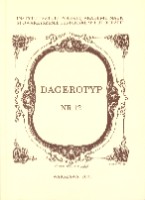
Keywords: photography; Polish photography; vintage photography; vintage photography; photographic publication
Detailed information on Polish publications concerning photography in 2003. Digitalized and reedited material
More...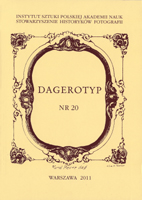
Keywords: photography; german photography; silesian photography; vintage photography; old photographic technique; daguerreotype; portrait photography; Birk; Louis; Silesia: Hirschberg; Jelenia Góra
The article tries to reconstruct the journey of Louis Birk, German daguerreotypist deriving presumely from Hirschberg (Jelenia Góra), through Lower Silesia in the years 1843-1846. Basis for these deliberations are numerous press insertions from that time. Only German summary available.
More...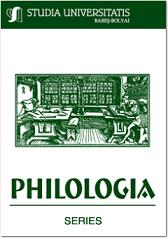
Keywords: Literary translation; linguistic and cultural transfer; poetic code; recipient-interpreter-producer; poem versions.
Free Translation of Poetry. Three Romanian versions of a Goethe poem. Literary translation is often free translation. There are no concrete instruments that help one to understand the literary text; one needs to have a special feeling for this. Literary translation is a field where not only linguistic and cultural information is necessary, but also information about poetic codes. The translator is a mediator for another person, at the same time as he/she is the author of his/her own work. Translators thus create bridges between two cultures, two languages, two worlds. In this lies the beauty, the value of literary translation.
More...
Keywords: Translation software; AltaVista; googletranslate; target language; source language; statistical machine
With the appearance of the internet, economics, art and science changed as well as translation got a new point of view. The reason is that the people can get information from all over the world any time they want and the opportunity to communicate with each other, but all this brought problems with. In this shrinking world one cannot know all languages, so how can we get the information we need transform in a language we know. Since translators cannot do this work in temporal manner, this lead scientists to search for different solutions. At this point scientists created translation software like AltaVista, googletranslate, trados etc. This kind of software try to feed the need and serve 24 hours a day. Usually the service which is free of charge can translate words as well as sentences and even whole pages. So people in different countries can communicate with each other easier and they can follow works in different languages easier. Also international trade has grown as an impact also. But there are question marks regarding the correctness of the translations. Some work and theoretical approach towards translation software today will be shown. Later they will be adapted to the literary work of Goethe’s “The Sorrows of Young Werther”. The biggest factor in choosing this work is the reason that it was translated by Canbek and Ülner. So an objective evaluation can be made with a critical approach. The translations of two different translators will be compared with sample sentences by AltaVista babelfish and googletranslate. AltaVista’s babelfish is the first web based translation service while googletranslate is the most up to date web based translation software. Many translators, linguists and engineers work on these two software which are “statistical machines” updating all the time and saving all kinds of documents and evaluating them. At this place artificial intelligence appears. Thus information in source language can be expressed in different ways in target language. Like Reiss and Bozkurt also emphasize it will be shown through the two different translations that translation cannot have a standard and is limited by the creativeness of the translator. In this frame we will stay on the basic part of grammar which is morphology, phonology and syntax, as well as on psychic state, cultural and environmental factors.
More...Keywords: European Higher Education area; language instruction; academic literacy; academic language challenges; international students; educational trends; university language students; academic paths; language centres.
Book review: De Gruyter MOUTON; Language Learning in Higher Education; Journal of the European Confederation of Language Centres in Higher Education (CERCLES); 2012; Volume 2; Number 2
More...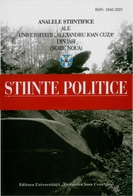
Keywords: progress; Enlightenment; postmodernism; ideology; political imaginary
For the modern politics, progress is the essential mark, the judgement criterion of the major social and political reforms and changes, the north of the ideological compass. Politics without progress, for the man of the modernity, is a politics without sense. Liberals, utopians, marxists or socialists – they are all progressists. However, for the disillusioned man of the XXI-st century, a politics which is aimed and created for finding peace is wiser and more advantageous – as the history of the XX century proves – than the politics subordinated to the progressive desideration. But the danger of renouncing the progress as an ideal is the lack of a reasonable substitute, and the consequence of leaving the political space even more permeable, increasing the possibility of the emerging conflicts, more than modern politics does.
More...
Keywords: interpreting; cultural mediation; translation problems
The article focuses on the problem of cultural mediation in interpreting and presents some of the most important theories regarding the topic. Firstly, the author tackles the question whether the interpreter should act as a cultural mediator at all. Then, she describes specific types of cultural differences and their influence on the communication. Finally, the article offers a list of some helpful rules established by the theoreticians, which can result helpful whenever the need for cultural mediation presents itself in interpreter’s work.
More...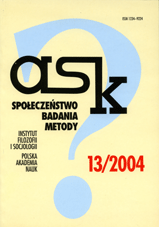
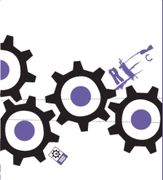
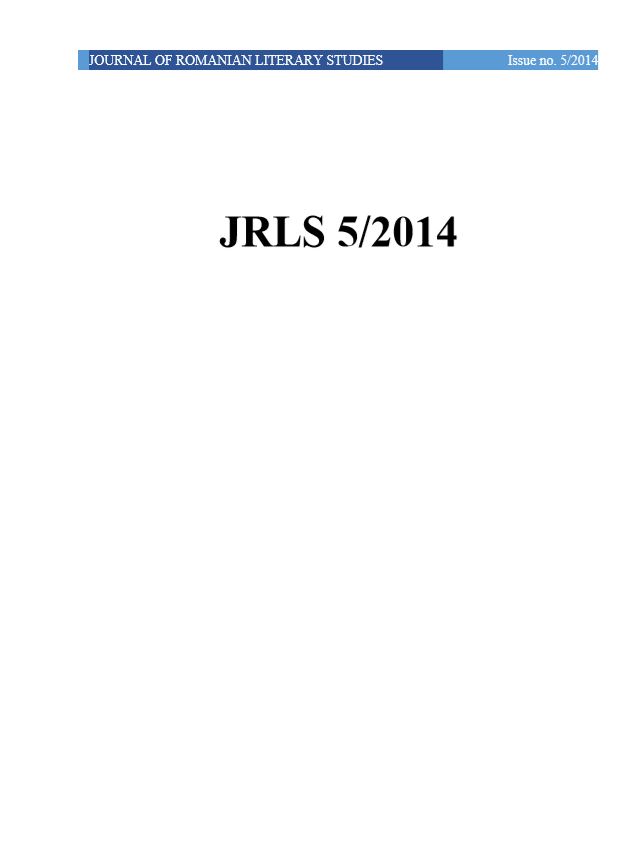
Keywords: contrastive analysis; translation equivalents; discrepancies; specialized language; medical text
Our research focuses on specialized medical translation and its related practical issues, namely, equivalents and discrepancies in translating English medical texts into Romanian language, comparing, thus, the source language texts (ST) with their target text equivalents (TT). The paper illustrates the translation shifts in the case of specialized medical translation by presenting the results of a contrastive analysis that consisted in the comparison of texts belonging to a parallel corpus which consists of English medical texts and their Romanian translations.
More...Keywords: linguistic variation; Herta Müller; German; Romanian;
The translation of the author’s texts involves a specific and rich linguistic mixture. The formal transfers into Romanian language, the rearrangement of the translated narrative discourse taking into consideration the literary codes and practice in our culture offers her works a local aspect. The adaptation or translation proves to be a translation means adopted for the narrative discourse. It varied in number from stylistic changes to an entire transformation of the narration, justified by the skopos. The Romanian rendition of Herta Müller’s narrative discourse makes the translated text function as an equivalent in the Romanian literary plurisystem, thus demonstrating that translation must not be regarded as an act of assimilation, but as an acknowledgement of diffrences, particularly interlinguistic and partially intercultural, taking into consideration the fact that there is no major difference between the source culture and the target culture. The exact translation of the source text would sometimes have required some erroneous versions, such as the folkloric lyrics seen in this way by the German writer who lived in Romania. The Romanian translation was donetaking into account not only the principle of language acceptance as language idioms, thus orienting the text towards the target reader.
More...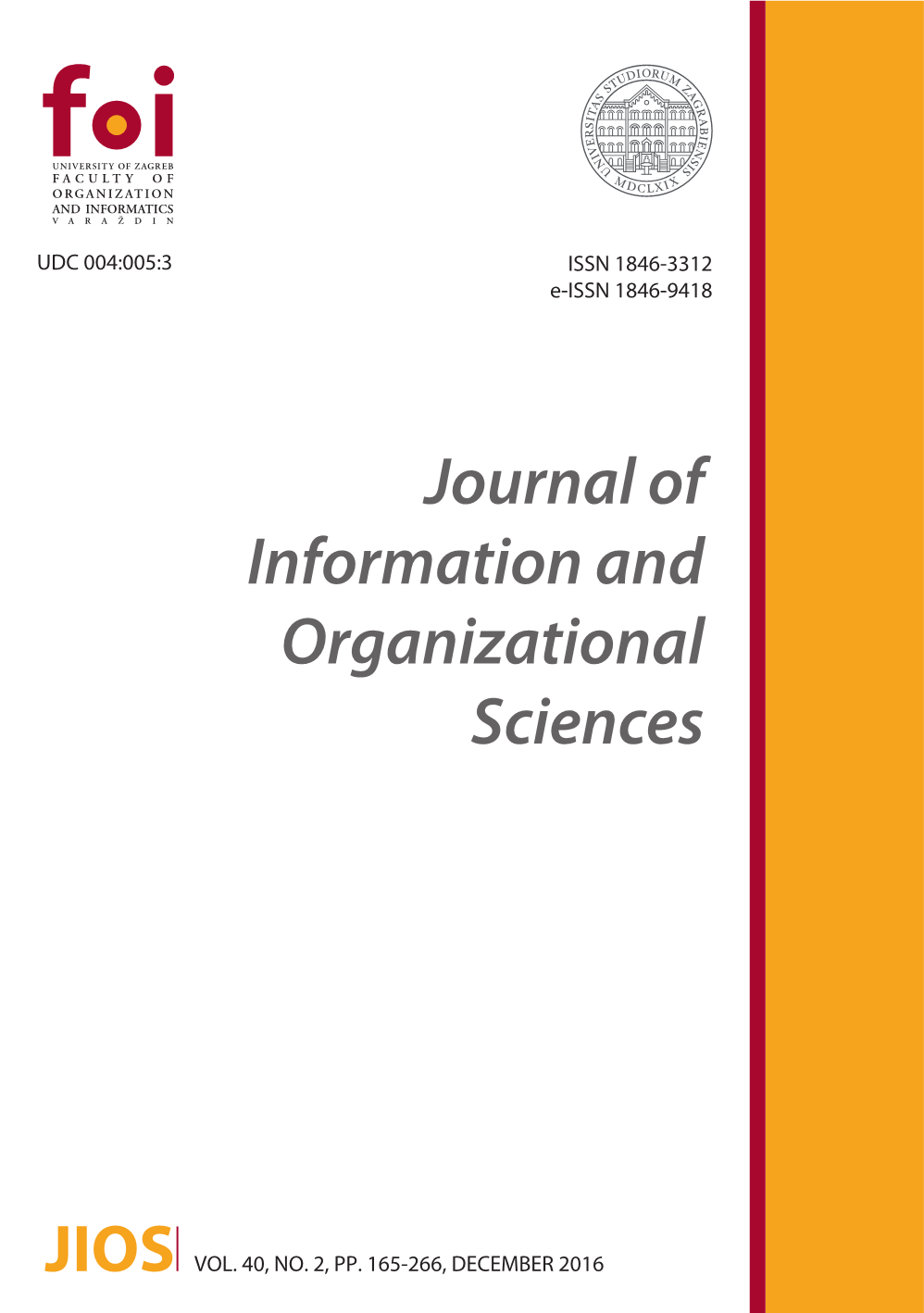
Keywords: Multi-Agents Simulation; dynamic of the populations; the human immunodeficiency virus infection; (HIV) the virtual community; bio-informatics; 3D model; 4D model; 5D model;
This paper proposes a Multi-Agents Model to simulate the phenomenon of the infection by the Human Immunodeficiency Virus (HIV). Since the HIV was isolated in 1983 and found to be the cause of the Acquired Immune Deficiency Syndrome (AIDS) in 1984; many studies have been carried out to understand the complex dynamics between the HIV virus and the immune system. The simplest model was the 3D mathematical model. However, the complexity of this phenomenon and the diversity of cells and actors, which affect its evolution, requires the use of new approaches such as multiagents approach that we have applied in this paper. The results of our simulator on the 5D model are promising because they are consistent with biological knowledge’s on this phenomenon.The proposed approach is well appropriate to the study of population dynamics in general and could help to understand and predict the dynamics of HIV infection.
More...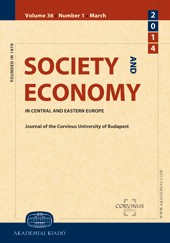
Keywords: European integration; federalism; intergovernmentalism; multilevel governance; new regionalism; subsidiarity; supranationalism;
The notion of a supranational union of peace is an alternative idea developed by European thinkers, with the goal of reforming the European system of states, and as a response to the challenges of modernization and globalization. It represents a union of states based on the principle of subsidiarity and multilevel governance. The EU as a supranational union raises the question: How does the EU-method influence international relations? While looking for an answer to this question, this article investigates the following topics: the historical bases of the idea of a supranational union of peace; the meaning of supranationalism in the EU; the EU-model and the world; and the human rights aspects of supranationalism.
More...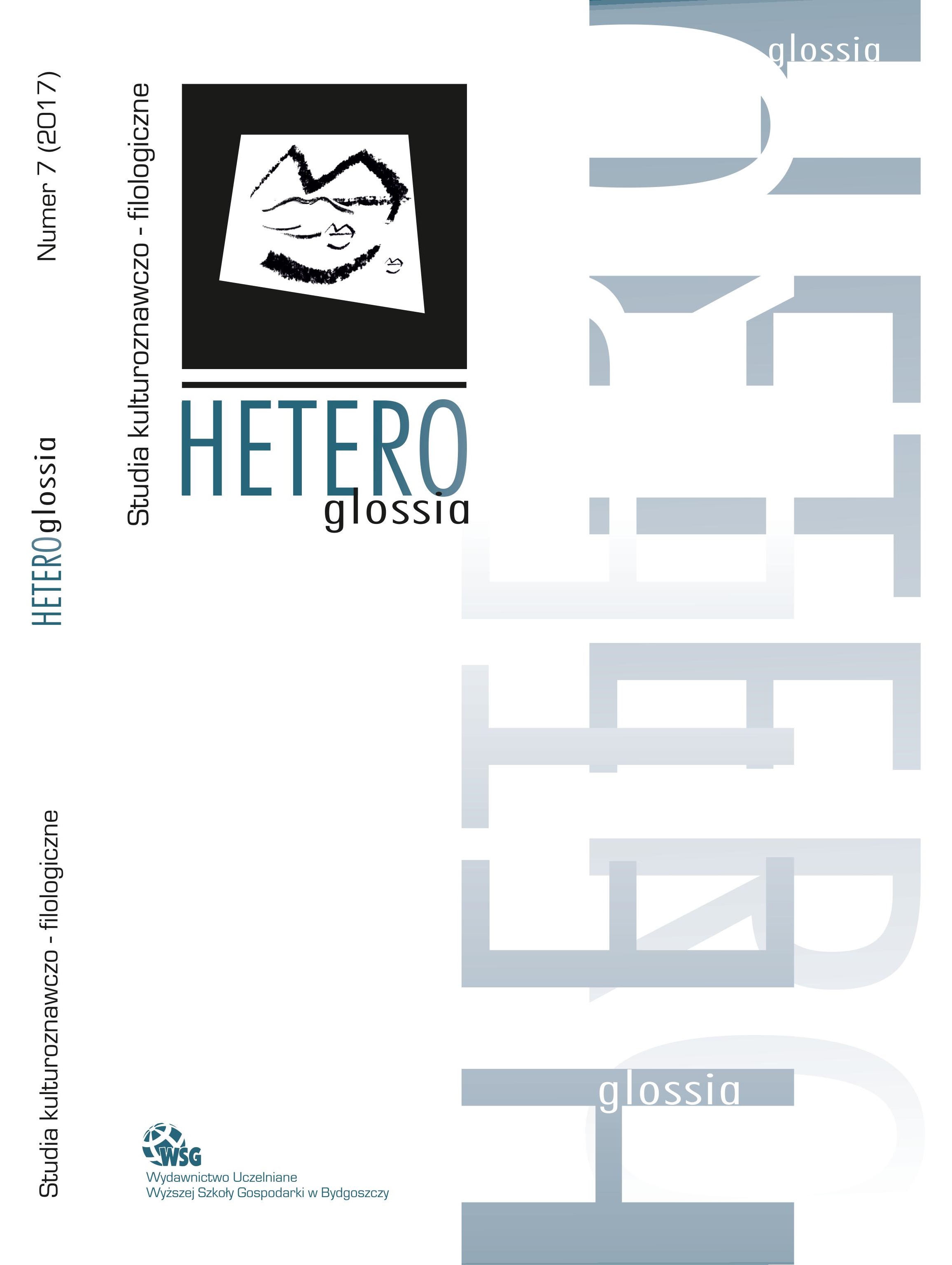
Keywords: small clause; small nominal; non-sentential; structure; syntax
This paper is concerned with various dimensions of the ‘smallness’ of syntactic structures. Grammatical constructions selected to illustrate the apparent smallness in syntax include small clauses, nonsententials and small nominals. The ‘smallness’ of small clauses (e.g. We consider him very silly) has recently drawn the attention of researchers, leading to various accounts of their internal composition and derivation. As regards small nominals, they are discussed on the basis of Pereltsvaig [2006]. It is also proposed that NPN structures (e.g. day after day) constitute an instance of ‘small’ structure. Recent developments in syntactic theory (e.g. Citko 2008; Haïk 2013; Progovac et al. 2006; Travis 2001; Pskit 2012, 2015) demonstrate that behind the surface ‘smallness’ of the above-mentioned types of expressions there are complex syntactic mechanisms.
More...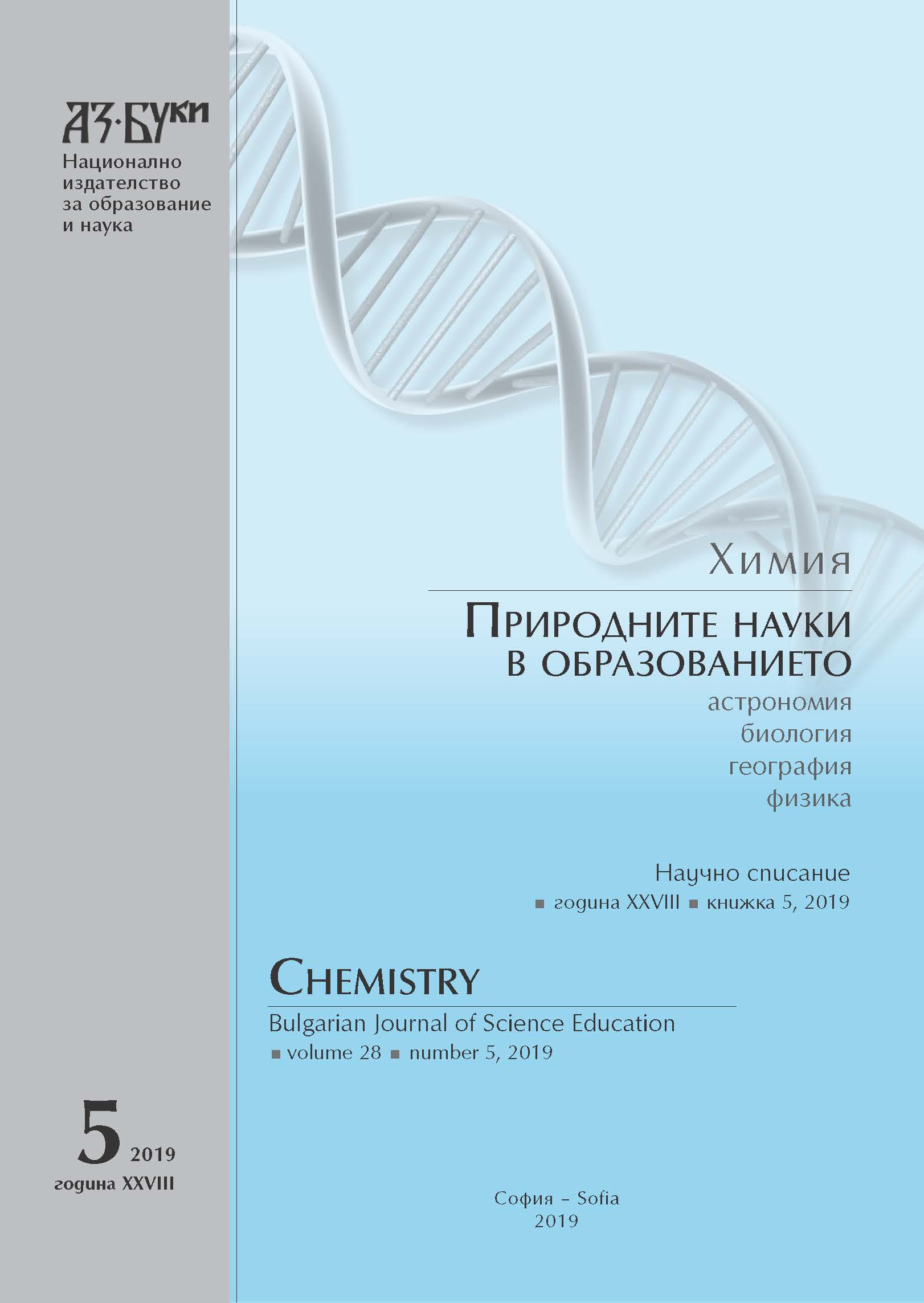
Keywords: history and philosophy; chemistry; chemistry education; bibliography
Chemistry Education: Current Bibliography (2018)A list of chosen papers on History and Philosophy of Chemistry, published in 2018 in the basic international journals in the field is presented. The modern trends in educational research in chemistry education are presented by another chosen collection of papers, published in the contemporary literature.
More...